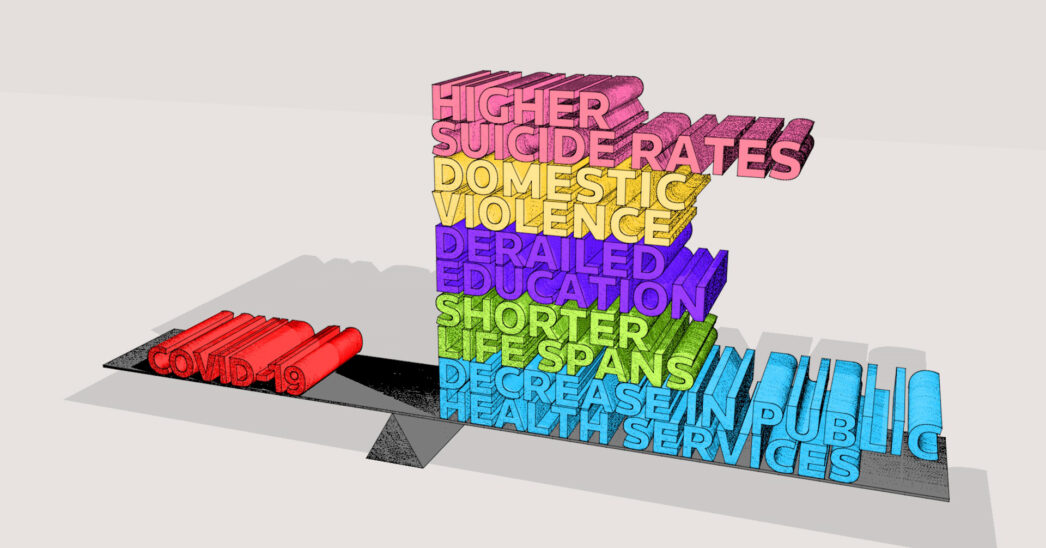A recent book I read, Personal MBA by Josh Kaufman, talked about second-order effects. It states:
“Every action has a consequence, and each consequence has another consequence. These are called Second-Order Effects. Every change you make to a system will have Second-Order Effects, which may affect the system’s functionality. Be careful when making changes, they may have the opposite effect of what you aimed for.”
I’ve tried to apply that thought process to every change I’ve made since I read that book.
For example, I have a dodgy knee. My initial solution was to rest it, or not use it as much. Makes sense right? If something is hurting, let it heal. But I went and saw a professional about it. Turns out that I need to do a different type of exercise to strengthen the knee.
If I had rested it, the muscles that needed strengthening would have become weaker. And I would have put on weight, putting more pressure on the knee. The exact opposite of what I wanted to achieve.
That’s a second-order effect.
Here’s an article that explores some second-order effects from the Covid-19 lockdown. Not the virus itself, but the lockdown (action) that has been put in place.
The Netherlands, where my other passport is from, has quite a different approach to NZ. One might call it a controlled spread, hoping for herd immunity.
I’m not suggesting that the NZ government response is wrong. I don’t think anyone can tell which is the right choice at this stage (although lots of people will act like experts in hindsight once it’s over).
I just hope that the people making decisions know about second-order effects and have considered them.
Some of the effects from the article are:
- Higher domestic violence
- Vulnerable students suffering acedemically
- Higher suicide rates (an example of the opposite intended effect – more deaths)
- Public health suffereing (we’ve already seen GPs going out of business)
- Job loss mortality (reduced income, unhealthy lifestyles, more stress)
If this does lead to a depression, Dr. Jay Bhattacharya says:
“Depressions are deadly for people, poor people especially.”
